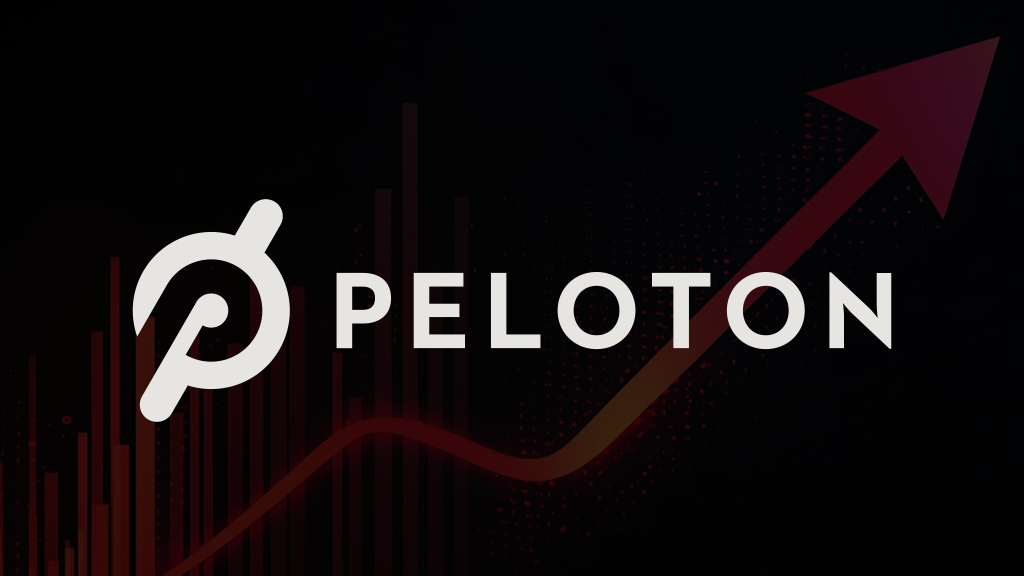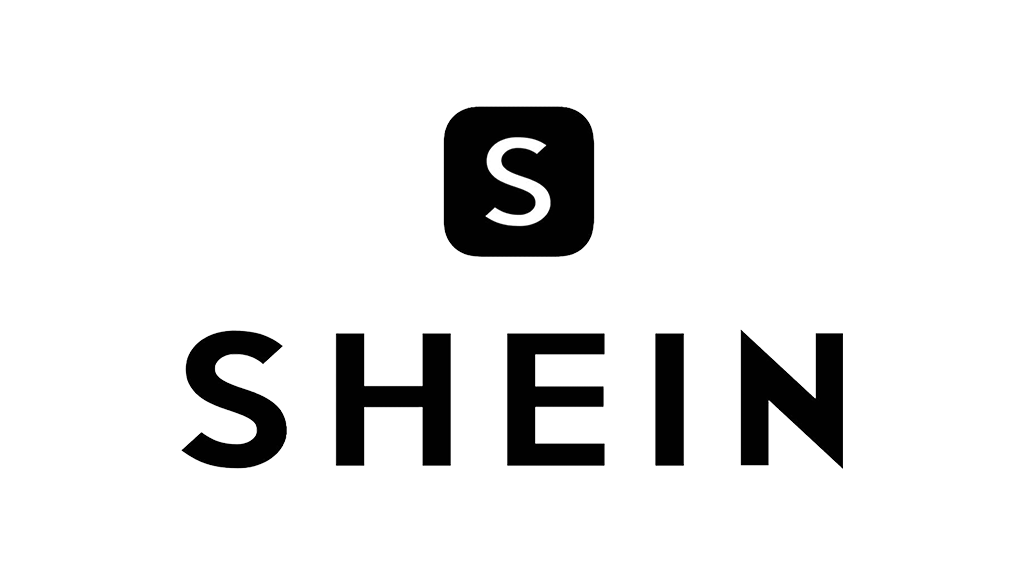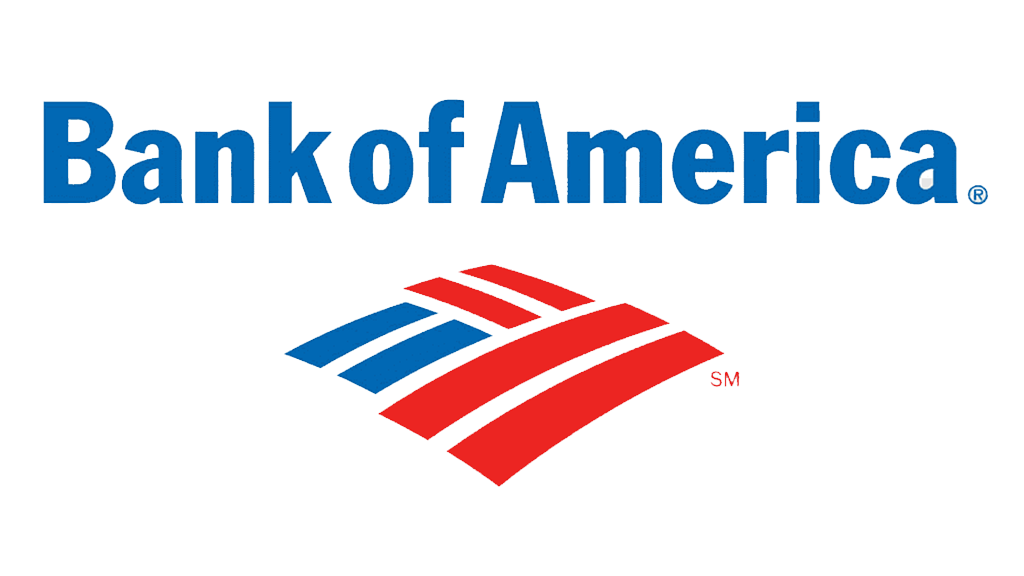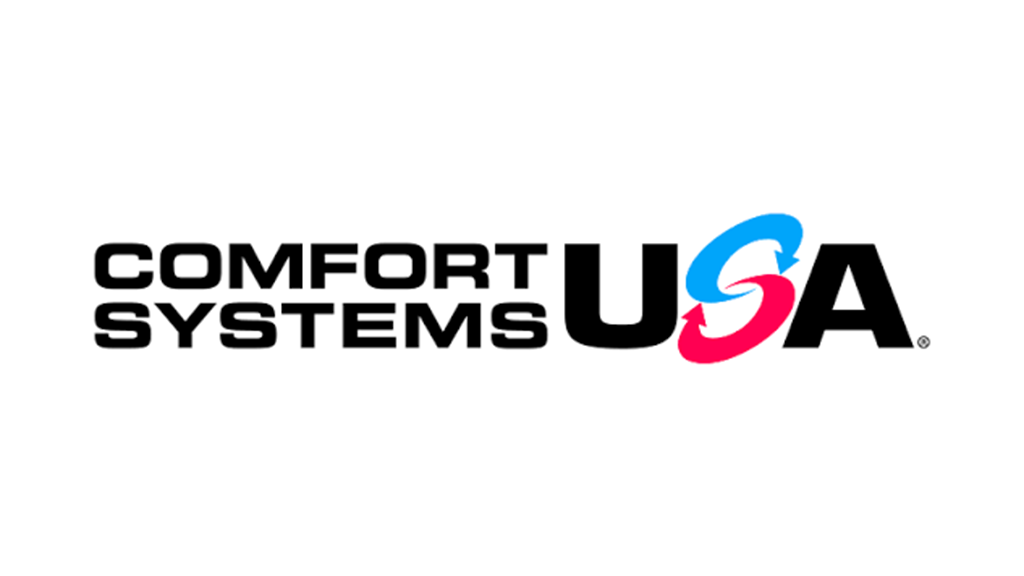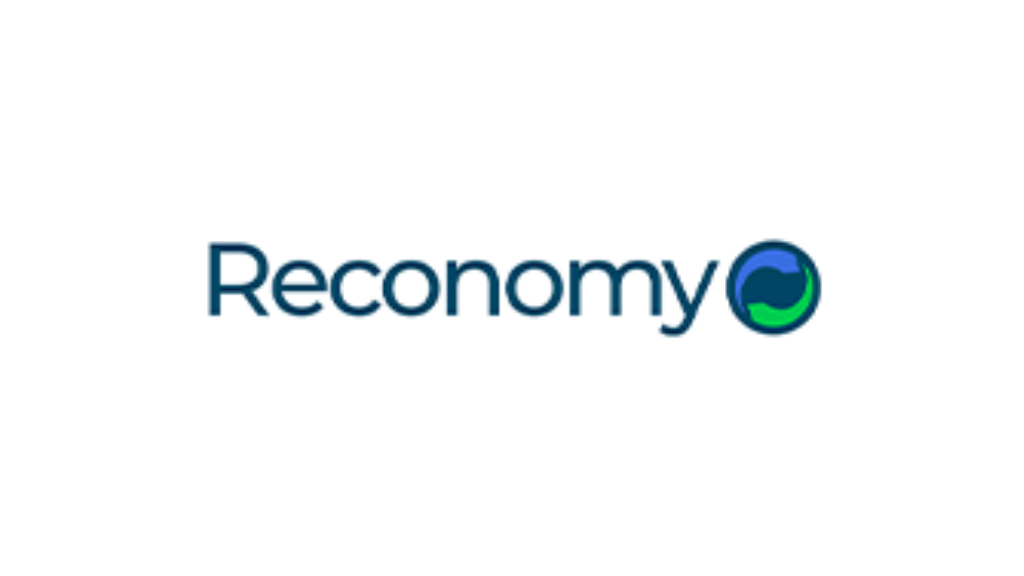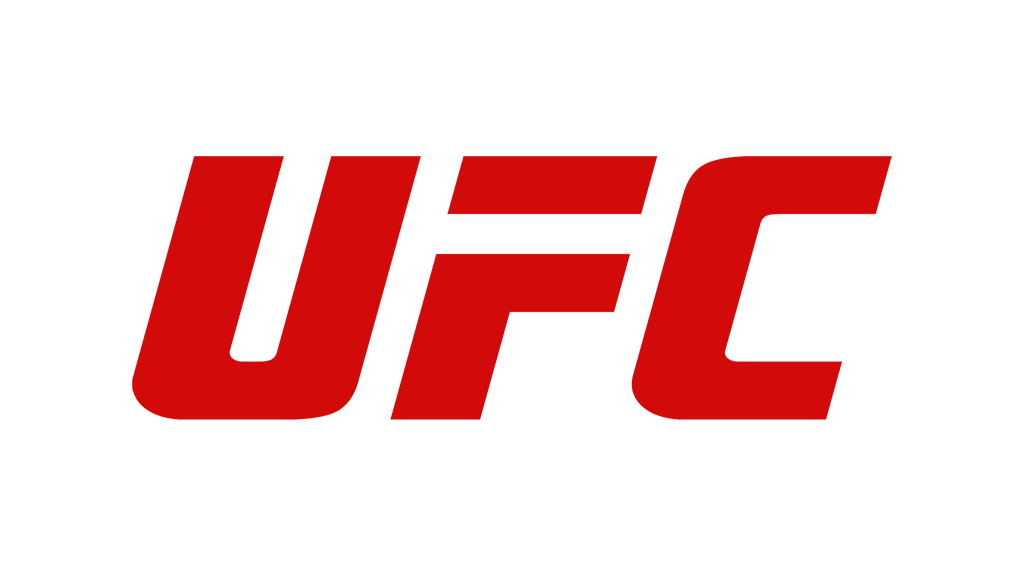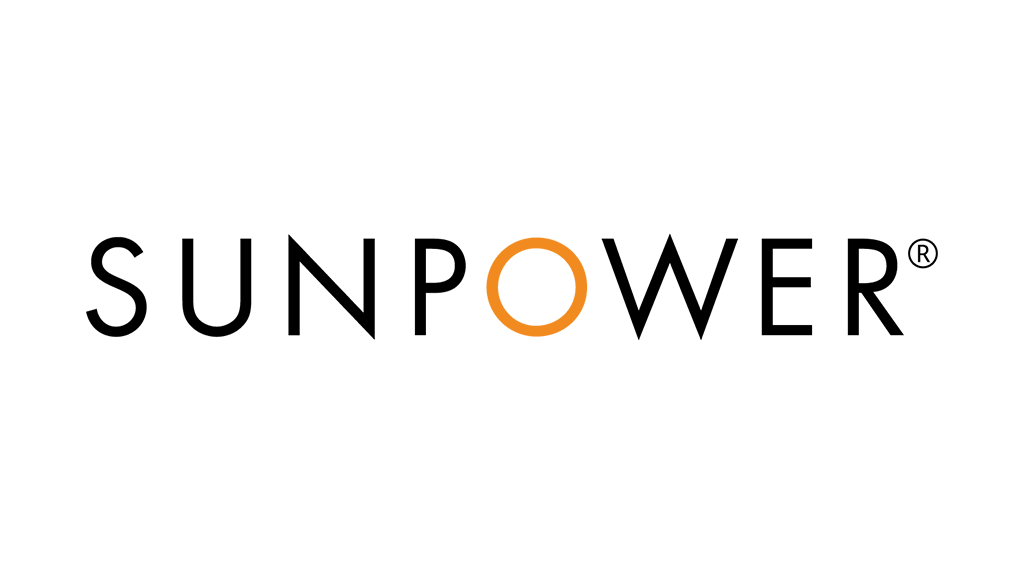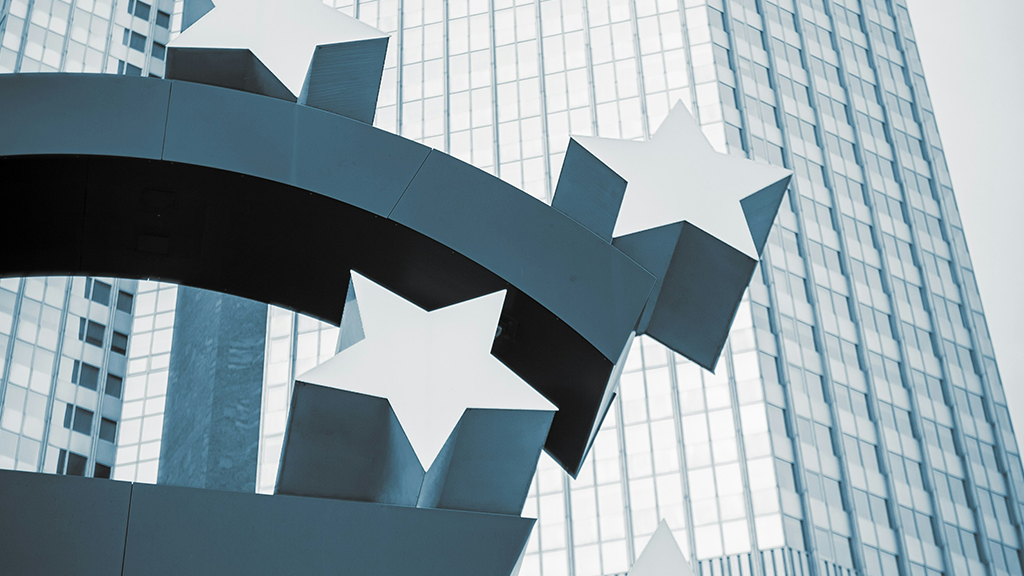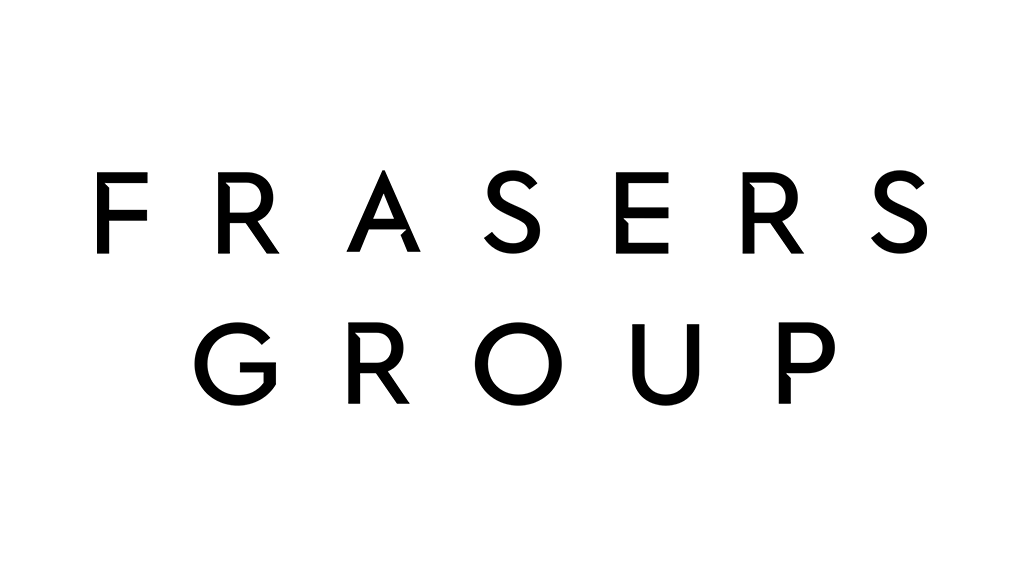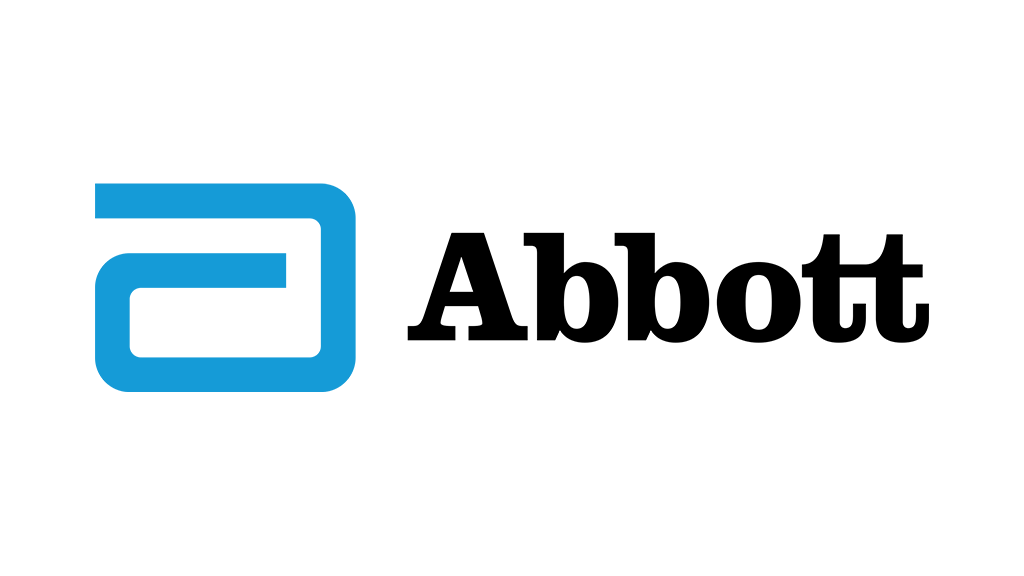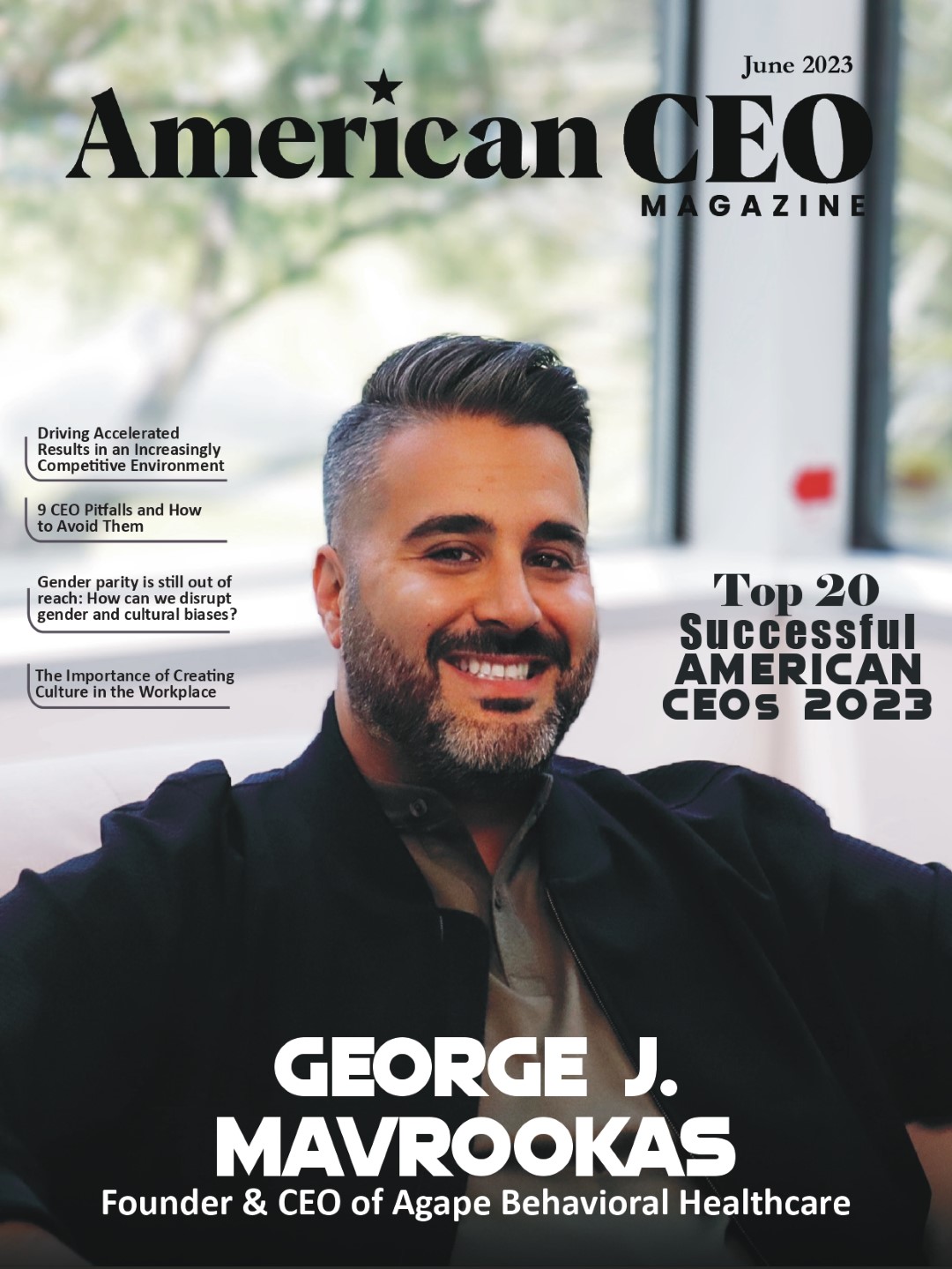Janet M. Harvey
Leadership Coach

Janet M. Harvey
Antidote to Restlessness
“Relationship becomes a higher priority the more ambiguous, complex, and uncertain the atmosphere.” JM Harvey, CEO inviteCHANGE
Do you find it hard to read the pulse, the honest feelings and perspective that people you engage – associates, peers, advisors, suppliers, customers – experience in our post-pandemic (almost?) period? Your attempts to return to a normal workday, workplace, and workflow don’t land as envisioned. Agreeing on a definition of what’s normal for professional life seems elusive. Restlessness with uncertainty and the pace of increasing complexity because of (fill in the blank) generates a lot of thorny problems that do not seem to have easy-to-identify solutions. Whether your enterprise operates on multiple continents or from your hometown and connects to the world electronically, simultaneous, cascading crises occurring everywhere bombard your awareness. It is genuinely more than humans can absorb all at once. Yet, what do you choose to deflect, defer or delay giving your attention, and how do you sustain an internal harmony that can persevere and focus on achieving desired outcomes?
On the surface, the antidote to restlessness may appear counterintuitive: choose courageous disruption. Courageous disruption of bias toward restoring a familiar and comfortable past experience offers an opportunity to invite change. Change that supports becoming fit for the future that already stares you as a CEO right in the eye. I’ll share some valuable data that reveals the impact of the change underway. Choose to reflect carefully and notice which of these items is the reality you observe in your business and perhaps in yourself.
- 32% of employees are highly engaged at mid-year 2023, down from 36% pre-Covid, which is unsatisfactory because 68% are not engaged.
- 1 in 4 American workers dread going to work, and estimates are that US companies have lost $223 billion due to culture-caused turnover.
- 42% of people have experienced a decline in mental health, with the National Institute of Health reporting a cost of workplace stress globally at $688 Billion.
- 67% of people are experiencing increases in stress while 57% have increased anxiety, and 54% are emotionally exhausted.
- 53% of people are sad, 50% are irritable, 28% are having trouble concentrating, 20% are taking longer to finish tasks, 15% have difficulty thinking, and 12% feel challenged to juggle their responsibilities.
- In August of 2022, research showed this slide had reached the C-suite:
- Overall work satisfaction scores dropped 15% for executives.
- Work-life balance scores were 20% worse.
- Work-related stress and anxiety scores were 40% higher.
Coaching is my preferred modality to adopt courageous disruption. Professional coaching conversations devote attention to evoking awareness to notice your internal experience. Listening within illuminates what motivates your choices that occur more from habit than deliberate choice. Briefly pausing to check assumptions and beliefs opens up your mindset used to make decisions, interact with others, and show up with others to get stuff done. In this way, pause gives you more time than it takes to eliminate missteps when you don’t see the complete picture of what’s occurring because you rely on history to guide your choices. Instead, disrupting your habits and preferences has the potential to highlight creative and ingenious alternatives that take the current and changed environment into account.
Most CEOs today report that being a coach for their team occurs at least 30% and for some 40% of their time at work. That likely means you are using three essential skills:
- Moving from telling toward asking.
- Moving from assumptions toward revealing reality.
- Moving from mitigating weakness toward maximizing strengths.
If this is not true for you, then this is an excellent place to start to create your antidote to restlessness. These three skills build a new foundation for creating relationships that focus on co-learning and co-creating your path forward based on reality and using the best strengths of each person and process in your business system. For the global technology company Microsoft, sales leaders engaged with coaches to adopt these skills into every conversation. It was not a new thing to do. Instead, adopting coaching skills became a new way to do everything by disrupting communication habits and preferences that no longer produced desired outcomes. Their leaders adopted a new way to simultaneously create relationships of care and increased productivity, delivering improvements in just 90 days.
All good things come these days with a warning label, and this antidote does too. Rather than think your way to asking instead of telling, first, you must shift your mindset to prioritize openness, humility, learning orientation, curiosity, and deep trust in your workforce. With this mindset, here are a few more ideas to adopt a coaching mindset for all activities beyond one-on-one interactions that support you to be a role model for the benefits of courageous disruption.
- Inspire and model pause for reflection to inform fresh thinking.
- Request a cleaning off of leadership lenses based on bias and habit to re-design the fundamentals that align with current market conditions.
- Offer a variety of ways to listen to conversations, vet ideas, and champion new designs.
- Look beyond hesitation and act and keep acting.
- Observe results and acknowledge courageous disruption that produces thriving relationships and results ~it’s the reward team members value most.





























